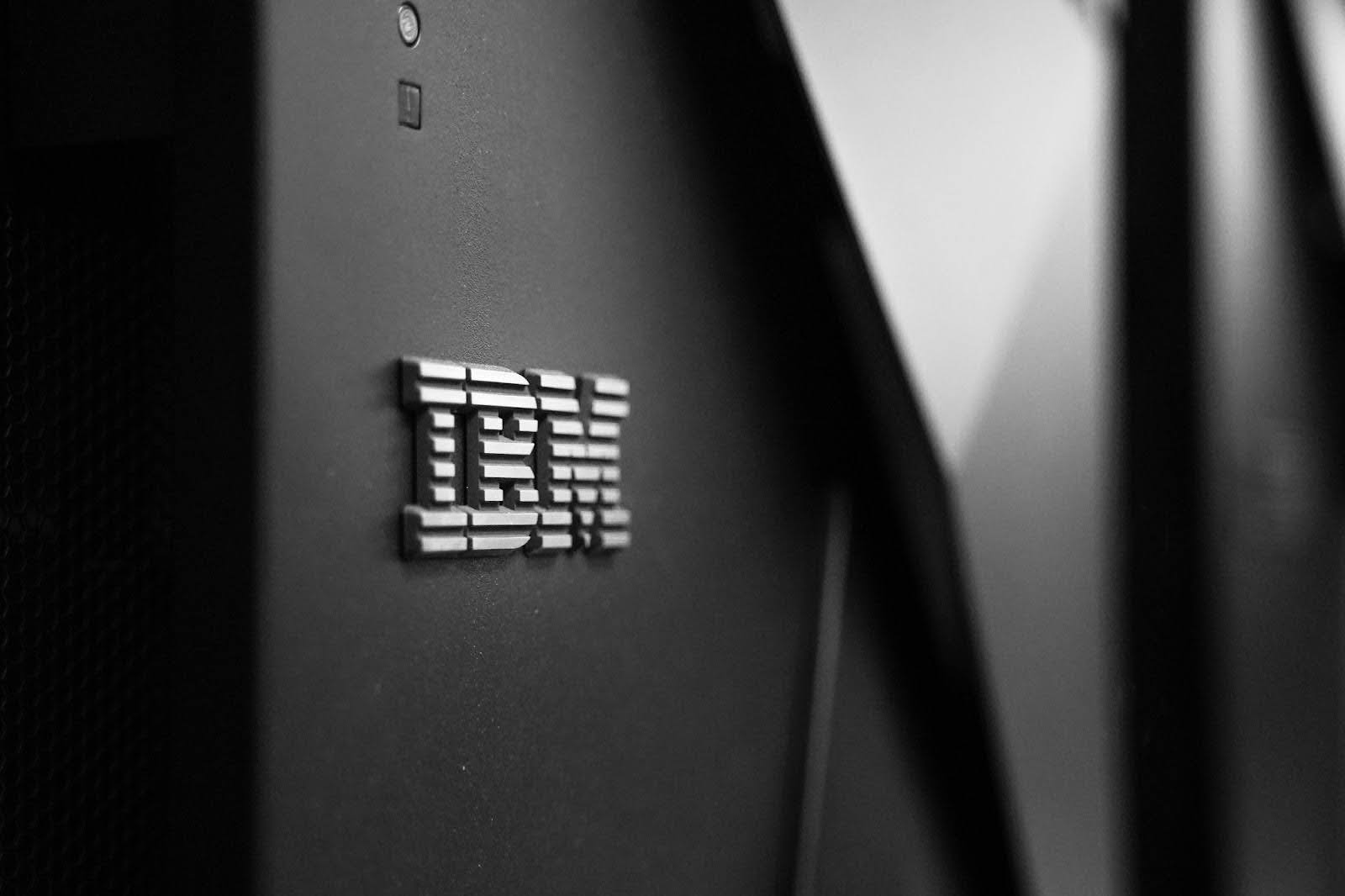Copyright International Business Times

Most of us spend hours online every day — scrolling, shopping, streaming, or signing up for something new — and don't think twice about what happens to all that information we leave behind. Nathaniel "Nate" Bradley does. Bradley is the CEO of Datavault AI Inc., an Oregon-based company that helps businesses figure out how much their stored data is worth — and how to turn it into money. Calling from London, Bradley's enthusiasm is infectious, and he has the ability to break down even the most complex technologies and ideas into subjects the everyday man can understand. "Every company has historic, current, and future data," he says. "We come in and illuminate that and make it clear what those data assets are worth." "Rather than having a data asset that's just a cost," he says, "we turn data into cash." The company's system runs on an IBM artificial intelligence platform. Data vault uses two "engines" — one to figure out how valuable a company's data is, and another to help it earn money from that data. The platform, called the Information Data Exchange, acts like a secure marketplace where information can be shared or licensed without exposing private details. Bradley explains it this way: "We don't want your data or your liabilities. We just want to help your company understand value. Datavault recently signed an agreement with NASDAQ that allows the company to use the exchange's financial framework, giving it a way to scale its data marketplace. The goal, Bradley says, is to give every business access to tools that big financial companies have used for decades. Bradley knows the world of tech from the inside out. He holds more than 70 patents and has worked in internet broadcasting, mobile advertising, cybersecurity, and artificial intelligence. Before Datavault, he founded AudioEye, a company that made websites easier to use for people with disabilities like blindness or dyslexia. "I helped solve the internet for people with disabilities," he says. "Millions of people use that invention every day." After leaving AudioEye, Bradley co-founded Data Vault Holdings, which became the foundation for Datavault AI. He's also lobbied Congress for what he calls a "Digital Bill of Rights," a set of rules to give people more control over how their personal data is collected and used "Privacy is huge," he says. "As consumers, you can act like you have privacy, but if you use Google, Facebook, or TikTok, and you say yes to cookies, you've already given it away. The war is lost. What Datavault is built for is to let people and companies claim themselves." Datavault's tools are designed for businesses in many industries — finance, healthcare, sports, entertainment, and biotech among them. One fast-growing area is sports, where college athletes can now make money from their name, image, and likeness. "We can pay a student athlete and pay their college in one transaction," Bradley says. The company's blockchain-based system can automatically split payments, ensuring that everyone gets their share when a jersey or digital collectible is sold. He also sees potential in healthcare, where patients could be compensated for sharing data for medical research. "We empower consumers to control and monetize their own data assets," he says. "There are assets all around us that represent those opportunities." Bradley's favorite topic lately is "digital twins." It's the idea that every object or even person can have a digital version that mirrors the real thing. "There's a digital twin of your car, your home, your business," he says. "A digital twin of your body could tell you to go to the doctor before you even feel sick." While some people fear that artificial intelligence could replace human jobs, Bradley believes it can also make industries more efficient. "Clearly it will take jobs from us," he says, "but in most cases those jobs are redundant. It's going to let one person do more with less." He argues that AI and blockchain together can make society more stable and fair. "AI lets us execute," he says. "Blockchain makes sure we never forget what we've solved." Bradley believes this technology can help fix real-world problems, from privacy and healthcare to the growing wealth gap. "Every American should have a dwelling," he says. "Every American should have opportunity. These systems could deliver it under capitalism and democracy. That's what I believe."



